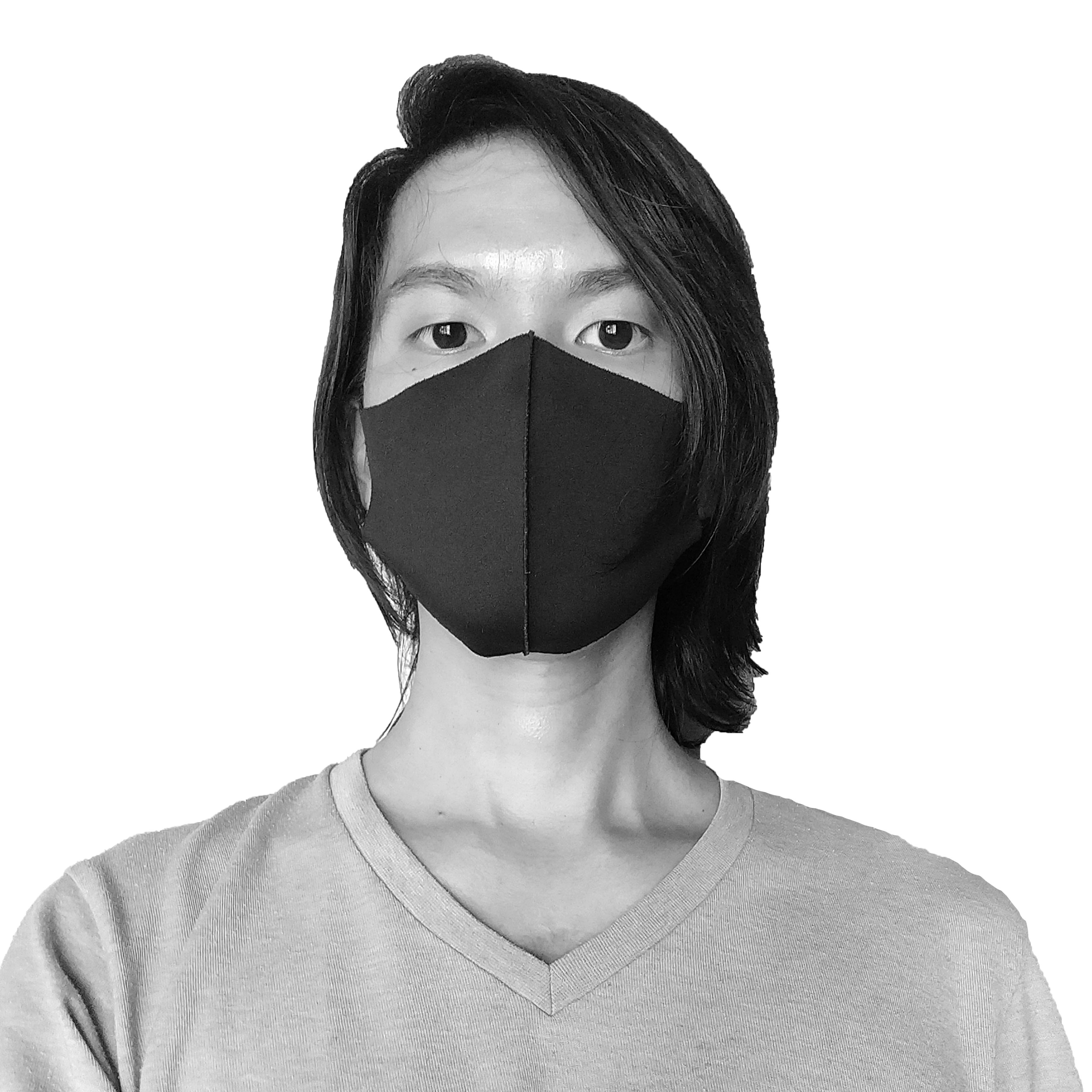HONG KONG—Chinese web censors believe that the presence of an LGBT community brings dark days to their nation, and over the weekend the hashtag #IAmGay was banned on the social media platform Weibo, a popular Twitter-like service. Posts with the tag were wiped, and users were shown a message reading that they had shared “illegal content” online.
On Monday, after stories of outrage from around the globe, the company that operates Weibo reversed this policy. But its previous proclamations revealed the establishment’s pushback against a cultural sea change that is taking place in the People’s Republic.
The gag order was part of what Weibo’s community manager stated as a set of broader changes to create a “bright and harmonious community environment.” Hiding behind jargon about duties to “fulfill corporate responsibility,” Weibo planned to “clean up” content that might contain imagery of pornography, violence—and homosexuality. The torrent of #IAmGay hashtags was the backlash after Sina’s announcement.
Stifling LGBT voices is nothing new in the People’s Republic. Last June, changes to China’s internet regulations banned “displays of homosexuality” in audio-visual content, including commentary and references. Specifically, the amendments listed such displays as “abnormal sexual behavior,” lumping gay culture together with “incest” and “sexual perversions.” Beyond that, “situations of unhealthy love and marriages” received the same treatment. To say that Chinese media regulators have a backward and incorrect view of human sexuality would be an understatement.
Members of the LGBT community and activists in China who are sympathetic to their cause have been critical of the new regulations, because it lumps LGBT material together with violence and abuse.
Those whose professions are related to these segments of society have also come under attack. Li Yinhe—a sociologist, sexologist, and former research fellow at the Chinese Academy of Social Sciences—was banned from Weibo last year after speaking out against the changes on the platform in a 2,000-word article.
Homosexuality has never been illegal in China, although it was indirectly criminalized via an anti-hooliganism law that was put in place in 1979 by conflating it with sexual assault. The law was scrapped in 1997, but the social stigma of same-sex relationships did not dissipate.
Information about sexual orientation and gender identity is practically nonexistent in China’s education curriculum, particularly beyond the wealthier cities.
That carries over to the workplace too: a survey of 18,000 people by the United Nations Development Program and the Sexualities Research Program of the Chinese University of Hong Kong—the largest of its kind so far—showed that only five percent of Chinese LGBT adults are comfortable being open about their sexual orientation at the workplace, with 14 percent stating that they have been denied employment based on this issue.
So, for three days Weibo scrubbed harmless content on its platforms—thousands of photographs of same-sex couples kissing, and little love notes traded between people.
What they were removing was in public view, so many members of the LGBT community and their supporters took their words offline. They wrote letters and mailed them to the headquarters of Sina, which runs Weibo, to express their dissatisfaction with the company’s actions, relaying personal stories and describing the many hurdles faced by LGBT individuals in China. But even before the mail reached Sina’s office building, public outcry nudged the company enough for it to backtrack.
The larger issue is how gay, lesbian, bisexual, and transgender individuals are viewed in China. For outreach, some Chinese LGBT rights organizations conduct Pride parades whenever there are marathons, with members signing up in droves as runners. They hoist rainbow flags and cruise through the city alongside more serious athletes, bearing a message of acceptance, with the goal of boosting their community’s visibility, showing others that they exist beyond bar hookups, dating apps, and general secrecy.
On Sunday, one such march took place in Nanjing (link in Chinese). Live streams of the event were taken offline by Sina, with some users locked out of their accounts for a day as punishment after making multiple attempts to share photos and videos from the marathon route.
Another factor that may contribute to the most recent (and failed) clampdown by Sina and China’s internet censors: the LGBT world is largely self-organized, and that hits a nerve. All groups without governmental oversight are viewed as potential channels for insurrection by the Chinese Communist Party. But in this case, that concern is overblown.
There are no hard statistics about the number of LGBT people living in China, but reasonable estimates place the community at roughly the size of the population of France, some 67 million.
It was only three years ago that a seven-minute short film charting the tribulations faced by a young gay man in China went viral during the Lunar New Year, accumulating millions of views within hours. There was a glimmer of hope within the LGBT community then, with some believing that they were gradually being accepted by others in their country. But recent developments have dialed back those gains.
Sina may not have gone ahead with its decision to ban LGBT posts, but flirtation with silencing a diverse set of voices—of disallowing personal expression and demanding conservative conformity—has left many disappointed, angry, and lost.






